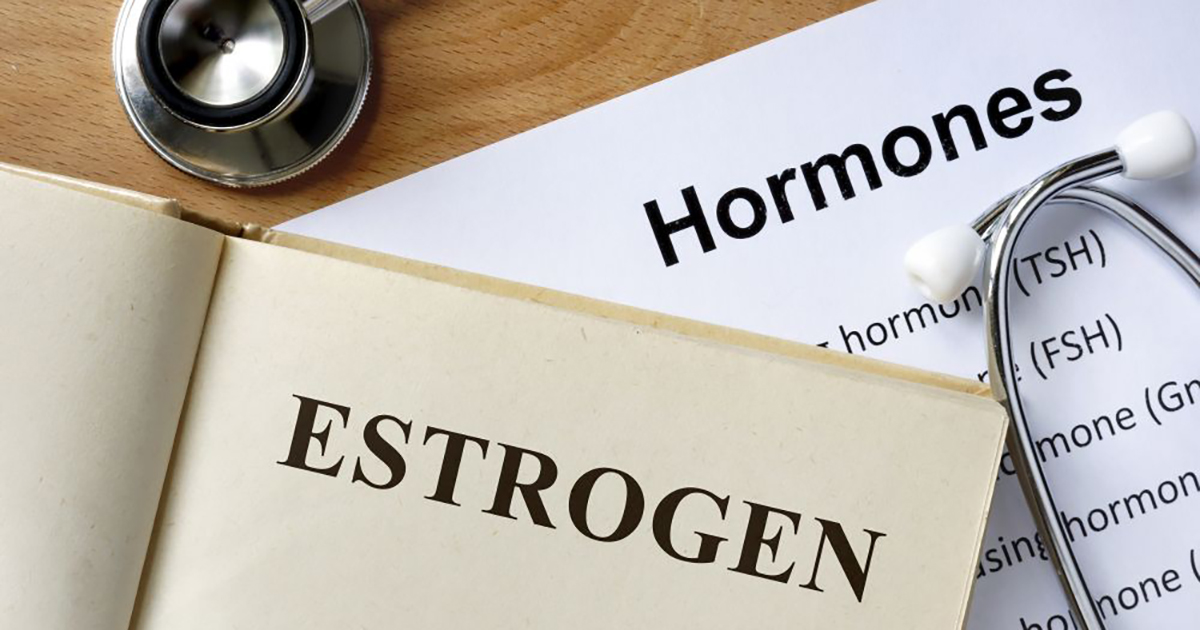How To Effectively Treat A UTI
Urinary tract infections (UTI) occur in your bladder, urethra, kidneys, or ureters. Typically, most of the time these infections involve the urethra and bladder. Women are more susceptible to developing a UTI than men. A urinary tract infection can be extremely painful and severe consequences can occur if left untreated. Symptoms include cloudy urine, passing small amounts of urine frequently, a burning sensation when peeing, a strong urge to urinate, foul-smelling urine, pelvic pain in women, or urine that appears red or bright pink. Doctors typically recommend antibiotics for urinary tract infections. However, there are other steps you can take to lower your risk of getting a UTI.
Antibiotics

Medications are the quickest way to treat a urinary tract infection. Many UTIs are straightforward or uncomplicated, and different medicines are recommended depending on the type of bacteria detected in the urine. If you have an uncomplicated urinary tract infection, you will be prescribed one of the following: fosfomycin, trimethoprim, cephalexin, or ceftriaxone. Antibiotics generally take between three to five days to kill the bacteria that cause a UTI, though the pain and urgency to urinate will subside after a few doses. The entire prescription of antibiotics must be completed regardless of how quickly you feel relief. A complicated urinary tract infection that includes a kidney infection could take ten to fourteen days to treat.
Vaginal Estrogen Therapy

New laboratory research suggests vaginally delivered estrogen treatment can prevent frequent urinary tract infections. Changes due to age including menopause increase the chances of UTIs as estrogen declines, as low estrogen levels have been previously linked to recurrent infections. Antibiotics have long been the standard for treating these infections in women. However, resistance to medication is increasing, and women now need non-antibiotic options. Vaginal estrogen therapy is used as a more holistic approach to change the way women respond to bacteria. Research on animals has proven estrogen prevents urinary tract infections from reoccurring. Estrogen promotes the bladder's production of natural antimicrobial substances and also strengthens the urinary tract by tightening the gap between cells lining the lower urinary tract.
